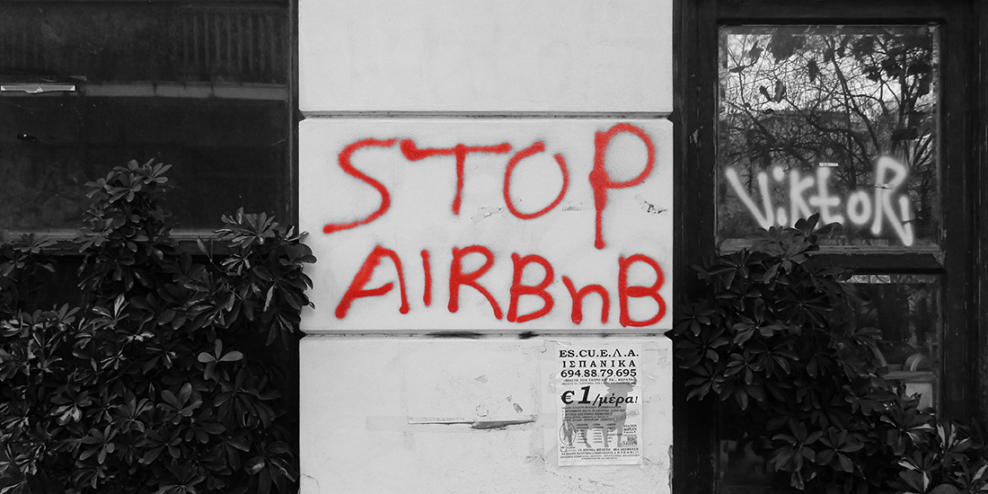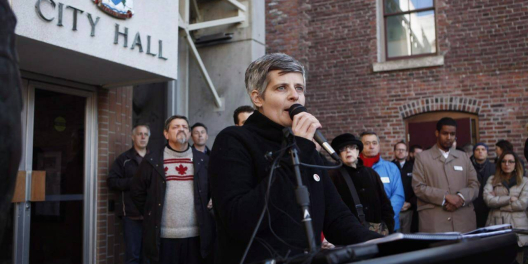Ucluelet has joined a growing list of communities trying to crack down on short-term vacation rentals.
Early in September, the District of Ucluelet council voted to adopt a bylaw that limits new bed and breakfasts to three guestrooms per building and two guests per room.
The bylaw also makes it so short-term rentals can’t have fully equipped kitchenettes and separate entrances for guestrooms. And the BnB must be operated by the home’s primary resident.
The goal is to promote traditional bed and breakfasts and discourage vacation rentals, or absentee property owners from converting housing to short-term rentals.
But the bylaw amendment comes too late to take a bite out of Airbnb’s huge impact on local housing.
A recent search on the company’s website showed more than 350 Airbnb rentals in the Ucluelet region alone. In 2021, Airbnb posted sales of $6 billion USD. There’s a growing backlash against this company in cities around the world.
The growth of vacation rentals comes at a time when Ucluelet struggles with an acute housing crisis. Vacancy rates are less than 1 percent, and the places that are available are expensive. Average rent for a two-bedroom suite has increased by nearly 70 percent since 2012, to roughly $2,300 per month.
Seasonal tourism workers and other renters have been forced to camp in tents or settle for sub-standard housing.
A report on housing needs prepared in December 2021 for the District of Ucluelet painted a grim picture for renters in this booming tourism town.
The summary below captures the tone of the report, which included dozens of interviews with locals.
“Rental vacancies are so hard to come by that residents are increasingly being forced to remain in unsafe living conditions. Multiple interviewees shared stories of vulnerable residents dealing with predatory landlords or living in housing conditions that are physically hazardous to them due to mobility challenges, all because there are no other options available to them locally, and they can’t afford to move.”
“Where rental vacancies do emerge, rental rates often price out most residents, especially those earning less than the median income, single-income households, and seniors.”










